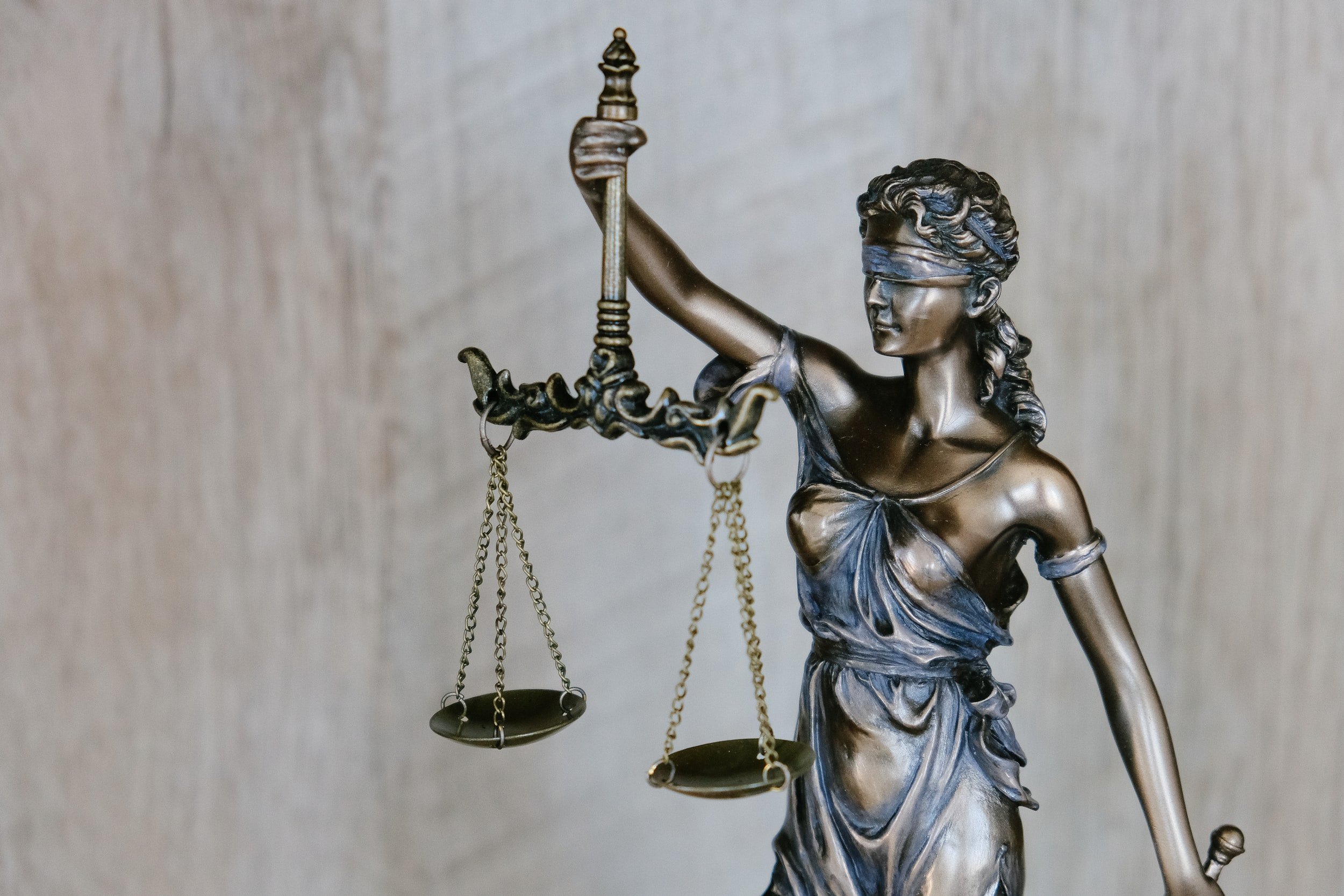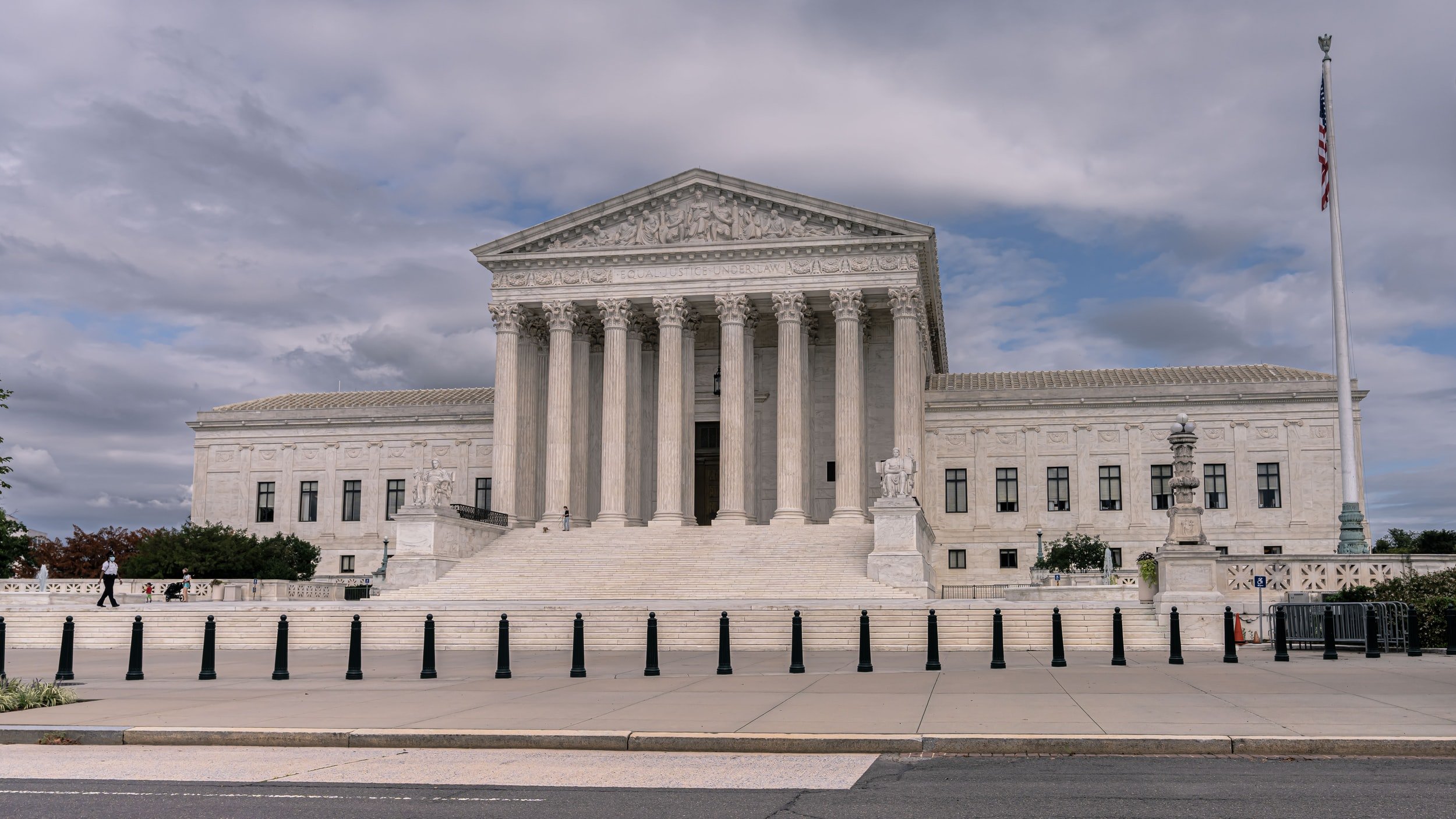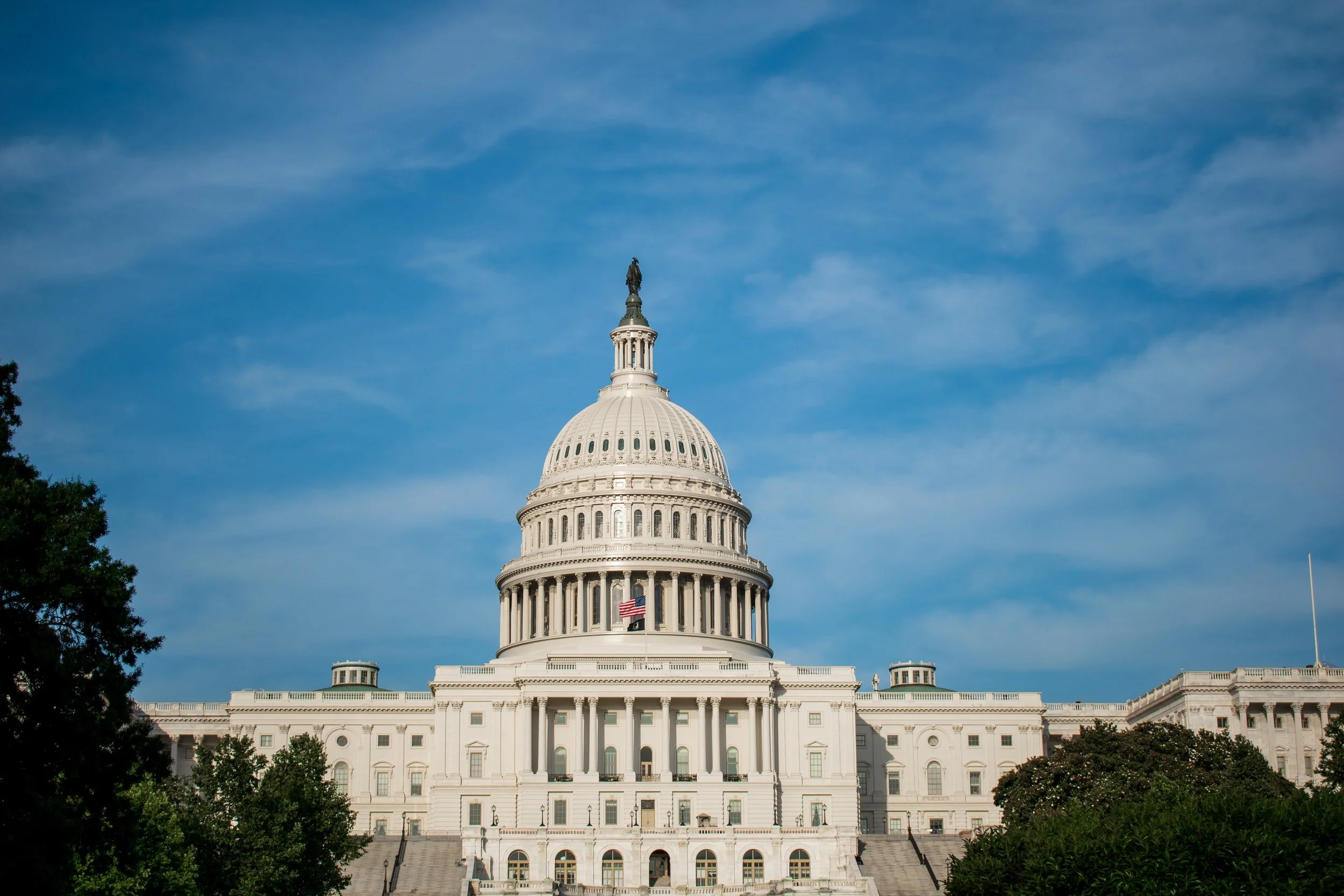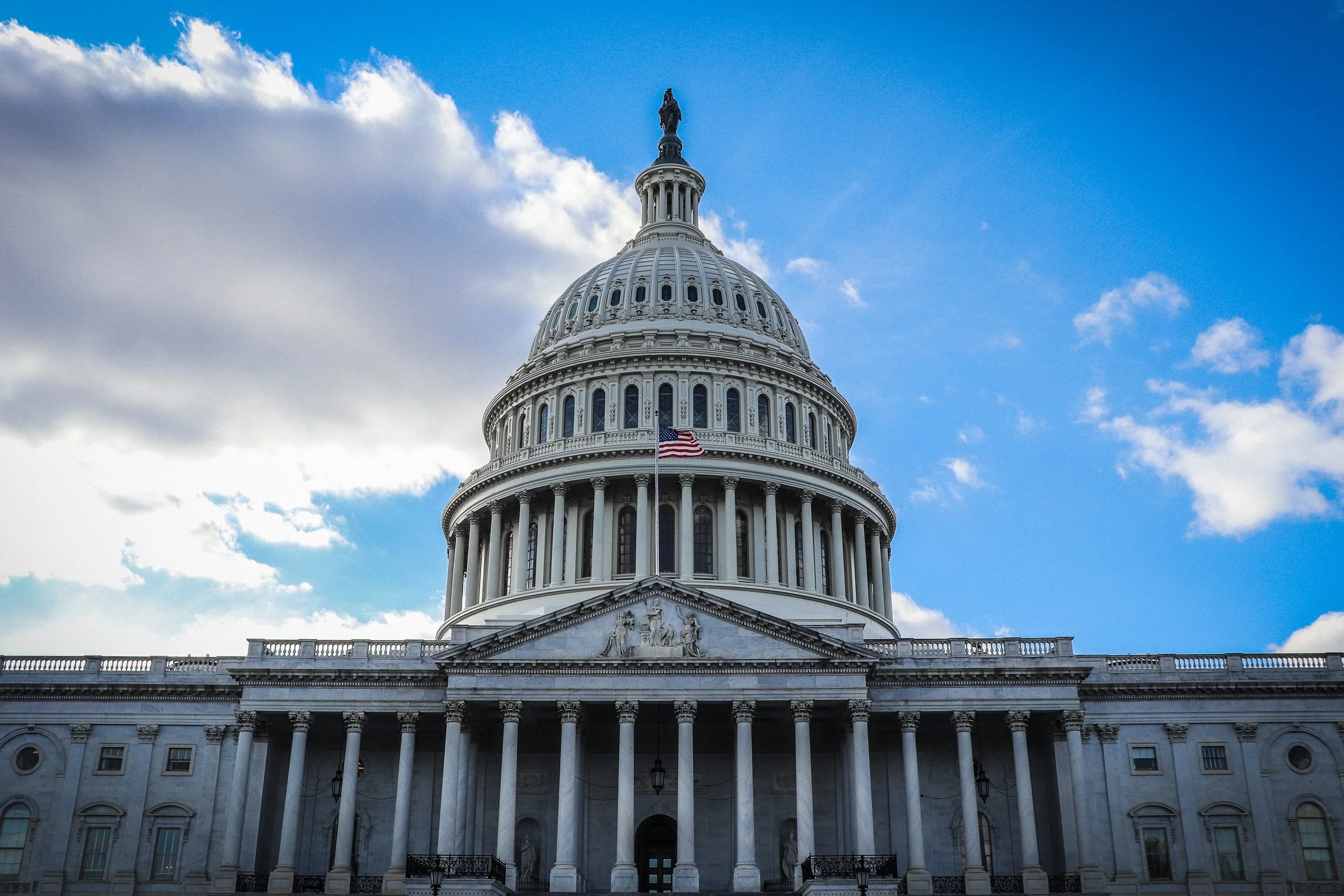Equality and Family Autonomy
This Article argues that a functional approach to family law—treating those who have acted like family as family—undermines principles of family privacy and autonomy, and ultimately may not secure equal treatment for certain families within communities of color and and LGBTQ communities. In doing so, this Article challenges not only the functional turn in family law, but feminist scholarship that has been critical of family autonomy and privacy doctrine. Building on the consistent defense of privacy that emanates from women scholars of color, Professor Katharine K. Baker demonstrates how functional analyses demand interference and judgement that is likely to tear at the fabric of minority communities.
Predicting, Up and Down: A Framework for Legal Prediction
This Article provides the results of an empirical survey (nearly 200 currently sitting U.S. judges) of judicial thought on legal prediction, and it uses these results, along with an analysis of legal prediction cases in U.S. law, to argue that current legal scholarship has missed an important distinction in legal prediction problems: predicting up (What will the agent of a subsequent legal decision do? That is, what will the prosecutor decide? How will the court rule?) and predicting down (What will the object of the legal decision do? That is, will the defendant show up for court? Will he recidivate?). An example of a court predicting up is Barnette v. West Virginia State Board of Education, where a lower court anticipated a shift in higher court thinking. An example of a court predicting down is Miller v. Alabama, where the Supreme Court limited life without parole sentences to only those juveniles who are considered “irreparably corrupt.” There are unique issues that inhere to these distinct classes of prediction problems, such as technological-legal lock-in, the need for lay connection to legal processes, and the risk of racial bias.
Turning to the States: Why Voting Rights Advocates Should Bring Voter ID Challenges to State Courts and How to Identify a Friendly Forum—Lessons from the Post-Crawford Decisions
The “myth of voter fraud” poses a significant threat to American democracy by both disenfranchising large numbers of voters and by weakening the public’s faith in elections. Noting that about twenty-one states currently enforce strict voter ID requirements, and that many state legislatures are in the process of further restricting access to the polls, this Comment urges voting rights advocates to challenge voter ID laws in state court—and proposes potential pathways for doing so.
Protests, the Press, and First Amendment Rights Before and After the “Floyd Caselaw”
During the protests that followed George Floyd’s death at the hands of law enforcement in 2020, a number of journalists were arrested on the job. A series of journalists fired back with lawsuits, asserting that their constitutional rights were violated. Collectively referred to as the “Floyd Caselaw,” these cases present a compelling portrait as to the status of First Amendment rights in the United States, and hint at broader acceptance of judicially-recognized press rights.
Presidential Accountability and the Rule of Law: Can the President Claim Immunity if He Shoots Someone on Fifth Avenue?
Can a sitting President be indicted while in office? This critical constitutional question has never been directly answered by any court or legislative body. The prevailing wisdom, however, is that, though he may be investigated, a sitting President is immune from actual prosecution. This Article argues that the Trump v. Vance case suggests a sitting President can be investigated and indicted while in office.
The Supreme Court’s Hands-Off Approach to Religious Questions in the Era of COVID-19 and Beyond
Prof. Levine’s article suggests that, taken together, judicial rulings and rhetoric during the July 2020 religious gathering SCOTUS cases demonstrate that the “hands-off approach” to religious practice and belief cases remains, at once, both vibrant and vulnerable. These cases offer a poignant example of the difficulties the hands-off approach imposes on judges when the proper resolution of a case seems to require, at least in part, a measure of inquiry into the substantive doctrine underlying a religious practice.
Political and Practical Effects of the Unwritten Rules of the Senate on the Judicial Appointment Process
The Senate’s system of self-governance has become so complex that it requires a full-time parliamentarian to prepare guidance. Senators generally adhere to the unwritten rules, but because they are not binding, they can be bent and broken. Greg Burton argues that this procedural looseness opens Senate proceedings to exploitation, rendering the proliferation of unwritten rules undesirable.
Virtual Guilty Pleas
Prof. Turner observes that judicial review of guilty pleas in the virtual setting is as brief and superficial as it is in person, but the virtual format presents additional risks to the fairness and integrity of the process. She concludes that virtual pleas should be limited in the future, and in the extent they continue, states must implement robust procedural protections for defendants.
The Supreme Court and the People: Communicating Decisions to the Public
Over the years, the Court’s decisions have become more complex, making it difficult and time-consuming for anyone outside the professional elites to determine what the Court has held. Profs. Sullivan and Feldbrin argue that it would be beneficial for the Court to engage with the public and make its decisions more accessible.
Rucho is Right—But for the Wrong Reasons
Prof. Seidman, in his essay, attempts to defend the Rucho v. Common Cause decision. While acknowledging that this is not easy, he hopes that the reader will at least allow him some points for degree of difficulty. There is no denying that partisan gerrymandering is a very serious evil, and there is no defending Chief Justice Roberts’ dreadful opinion justifying the Court’s refusal to do anything about it. Still, Prof. Seidman argues, on balance, we are better off without the Supreme Court mucking around with this problem. Moreover, the reasons why we are better off go beyond this particular issue and impeach some of the standard arguments for judicial intervention more generally.
Partisan Gerrymander Claims, the Political Question Doctrine, and Judicial Prudence
Prof. Simard argues in her article that when political questions arise, courts should treat, in most cases, them like every other dispute by relying upon traditional tools of adjudication to resolve the questions presented. When ordinary constitutional interpretation suggests there is no constitutional violation that is remediable by the courts, there is no need to invoke the political question doctrine because courts may rely upon traditional procedural safeguards that test the adequacy of a complaint—lack of standing or failure to state claim.
Contingent Design & the Court Reform Debate
This Article challenges the premise Congress must take such a passive approach to judicial review, expressing policy preferences in seriatim fashion (and being “sent back to the drawing board” each time a policy fails). This approach merely reflects institutional habits. And by failing to question these habits, reformers forfeit an enormous amount of legislative power.
The OLC Emoluments Clause Jurisprudence in the Executive Branch
When President Trump was elected president, he held various domestic and international business interests and upon taking office was sued and it was claimed he was in violation of the foreign and domestic emoluments clauses. The Office of Legal Counsel (OLC) was not consulted on the question of whether President Trump could continue to receive payments through his businesses as president. This article proposes that had the OLC been asked it would have concluded that the president was in violation of both clauses to the extent that any profits and payments received were sourced from government entities, whether foreign or domestic.
Left / Right: Managing the Coming Clash Between Congressional Rights Enforcement and Judicial Doctrine
Prof. Araiza’s article takes a look at the tension between political branches trying to enact significant civil rights legislation and a skeptical Court wielding now-longstanding precedent limiting the enforcement power. This prospect raises important questions about the relationship between the Court and the political branches in the project of safeguarding individual rights.
Young Adults and Criminal Culpability
This Comment will consider whether the growing scholarship on the culpability of young adults should influence how courts and society blame and punish persons that commit crimes while between the ages of eighteen and twenty-four. It also explores the evidence that indicates that young adults are more similarly situated to juveniles than adults with regard to their moral blameworthiness and how, if it all, this will impact criminal punishment for young adults.
A Backdoor Bivens Remedy: State Civil Rights Torts and the Federal Tort Claims Act
This Comment argues that the Federal Tort Claims Act permits suit against the United States based on state law theories of tort that would otherwise be phrased in a Bivens action. By shifting their focus, plaintiffs can still receive compensation for discriminatory and injurious acts by federal tortfeasors without running afoul of the corpse of the Bivens doctrine.
Punishing the Poor: Challenging Carceral Debt Practices Under Bearden and M.L.B.
Tyler Smoot argues that many carceral debt practices today are subject to heightened scrutiny under the Equal Protection and Due Process clauses. Traditionally, laws trigger heightened equal protection scrutiny when they either inhibit a fundamental right or make a suspect classification. This article offers a roadmap for relying on Bearden’s four-factor test to challenge laws that discriminate against the poor.
Plausible Retaliation: Using Modern Pleading Standards as a Blueprint for First Amendment Retaliation Claims
Prof. Moore’s article reviews Supreme Court precedent on the retaliatory arrest issue, the circuit split that developed over the same time, and Supreme Court precedent on pleading standards to argue that the existence of probable cause should not bar a plaintiff’s claims.
Reforming Variable Vagueness
Like much of constitutional law, the Supreme Court’s void-for-vagueness doctrine employs a system of tiered scrutiny. This decades-old framework imposes differential demands of clarity, depending on the type of enactment under review. Prof. Rice’s article lays bare the resulting methodological rot and charts a path toward doctrinal reconstruction.
A Neo-Madisonian Perspective on Campaign Finance Reform, Institutions, Pluralism, and Small Donors
Prof. Malbin’s article takes a different look at the debates concerning campaign finance reform and posits a “neo-Madisonian” take, urging reformers to take institutions seriously, while urging institutionalists to reach out to those left aside.




















